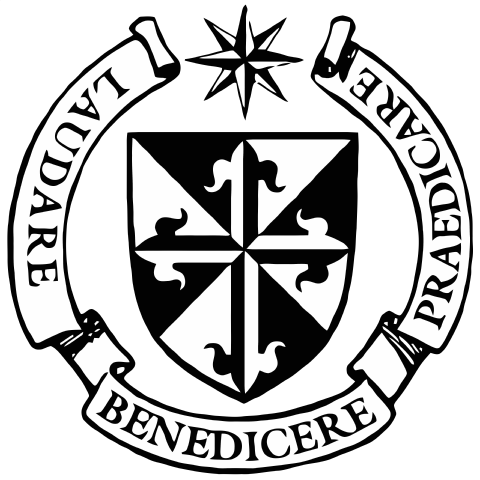Friday of the First Week of Ordinary Time
Friday of the 1st Week in Ordinary Time -- Year II
“A kingdom that would last forever ....”
Readings:
1 Samuel 8: 4-7;10-22a
Psalm 89
Mark2:1-12
In our first reading this morning, I’ve always loved the little dialogue that takes place in prayer between the Prophet Samuel and the Lord God. The elders of Israel approach Samuel at Ramah and ask that he appoint a king over them, to rule them and judge for them. Samuel knows that this is not an appropriate request, because the Lord alone was to be the ruler and judge of His chosen people. But Samuel brings it to the Lord in prayer, and God answers him: “Grant the people’s every request. It is not you they reject, they are rejecting me as their king.” As if God were saying to Samuel: It’s not you. It’s Me. You and I both know this is a reeeeally bad idea! And the people will live to regret their request. But they will have to deal with the consequences of their freely chosen actions.”
And after speaking with the Lord, Samuel returns to the people to warn them what the consequences of their request will be and tells them that, when they are living under the thumb of the king they so desire, they should not turn to the Lord for His help, because He will not listen to them. The elders, however, are not deterred and tell Samuel: Not so! There must be a king over us. We too must be like other nations, with a king to rule us and to lead us in warfare and fight our battles.
“We too must be like other nations.” What the Israelites were doing in asking for a king was rejecting their status as God’s Chosen People, a people peculiarly His own. They were, in fact, rejecting the promises of the Covenant God had established with their ancestors: “I shall be their God; and they shall be My people.” And we see this throughout salvation history, as God was slowly preparing a People for Himself, readying them for the fullness of time when He would send His Son to be their Savior, that every time the people turned their back on the Covenant God had established with them, whether it was by asking for a human king in place of God’s own kingship over the people, or whether it was by trusting in human, political alliances with the kingdoms around them rather than upon God’s promises, God did not rescue the people from having to deal with the consequences of their bad decisions, of their sins, even to the point of the complete obliteration of the northern kingdom of Israel, even to the point of the destruction of Solomon’s Temple and the laying waste of Jerusalem, and the carrying off of the people into exile for decades in a foreign land.
So much of what is seen as God’s punishment, God’s exacting His wrath against His rebellious people, is simply the people’s having to live with the consequences of their own sinful, bad decisions, their own rejection of the Covenant God had established with them. But since God had not turned His back on He Covenant He had established, because He is the Faithful One, the promise remained that the moment the people turned back to Him, He would welcome them back, He would be their God, and they would be His people once again.
And it’s very telling that, even though asking for a human king to rule over them was a rejection of God and the Covenant, as God Himself tells Samuel, God brought tremendous good from the sin of the people. Because it would be the promised Son of David the King through whom God would establish a new Covenant, establish a kingdom that would last forever, and through whom all nations would rejoice in their status as the chosen people of God, rejoice in their status as beloved adopted sons and daughters of their heavenly Father.
“Beloved adopted sons and daughters of their heavenly Father. ”
